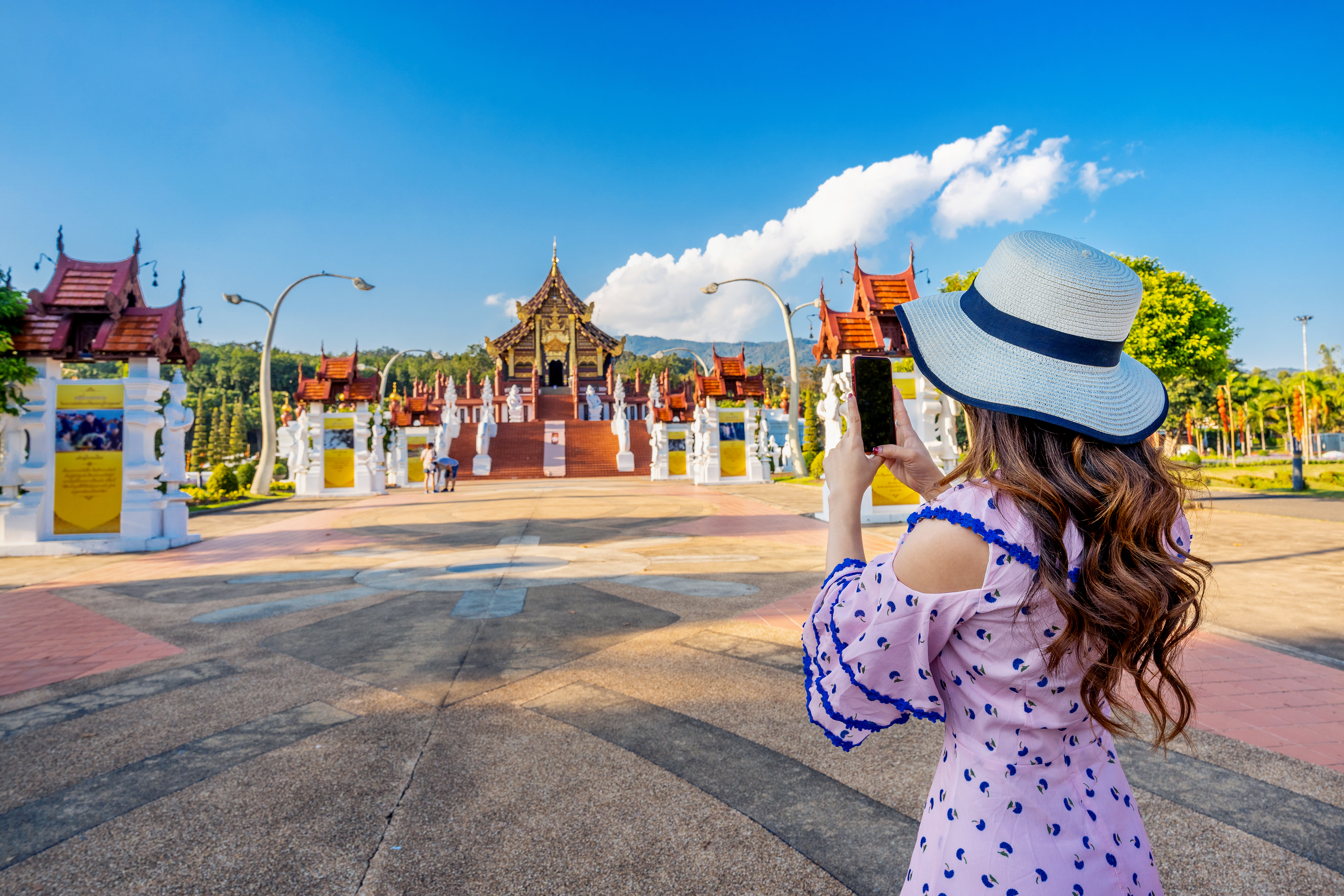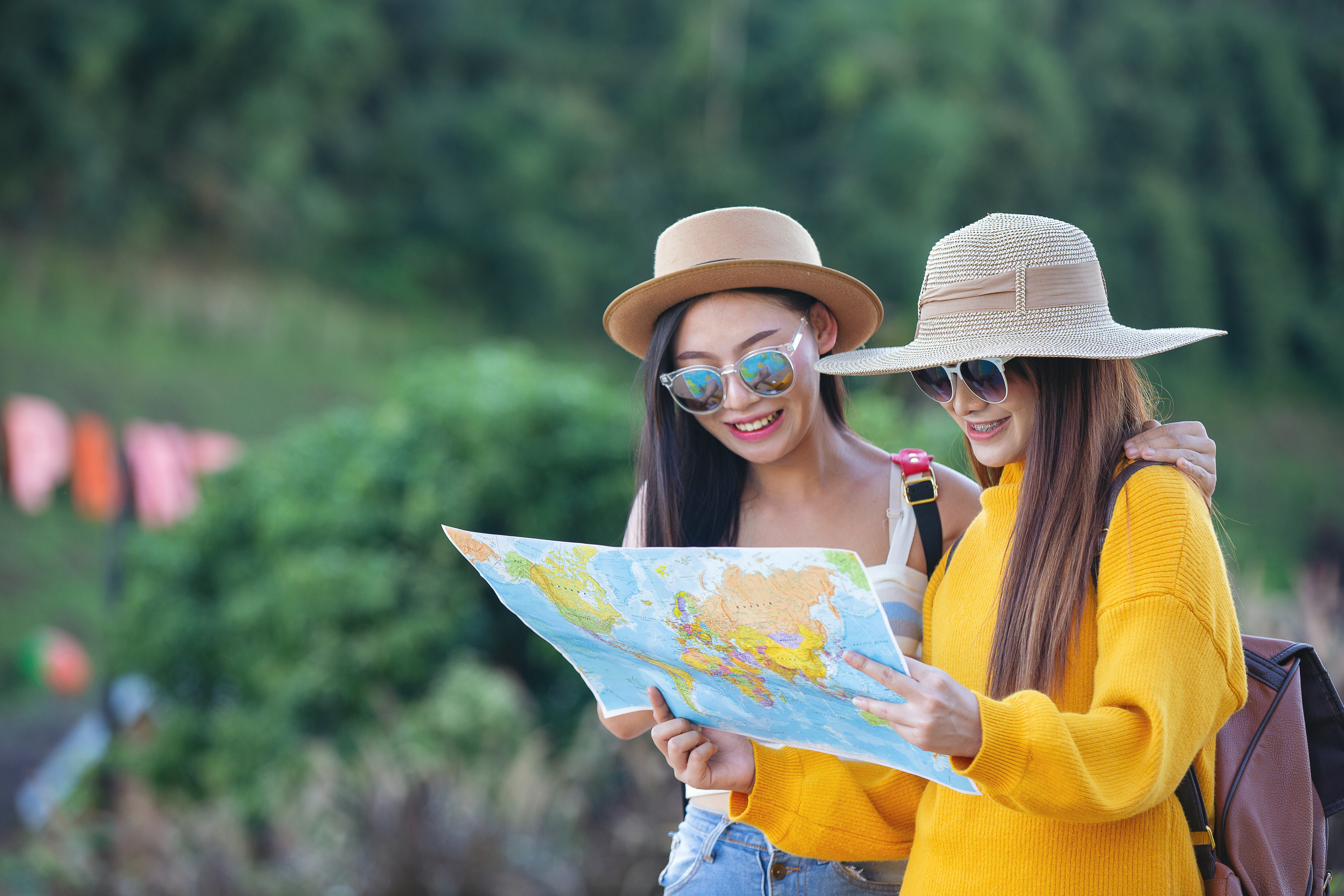Tourism in a Post-Pandemic World: Adapting Strategies in Thailand to Attract Travelers

The tourism sector faces a hitherto unheard-of opportunity and challenge as the globe starts to emerge from the pandemic's shadow. Thailand, a nation well-known for its breathtaking scenery, vibrant culture, and kind people, is leading the way in modifying its tourism tactics to draw tourists back to its borders. In this blog, we'll examine how Thailand is changing its tourism scene in the wake of the epidemic, emphasizing creative tactics and projects meant to greet tourists in a sustainable and safe manner.
The increased focus on health and safety is one of the biggest changes in the tourism industry. Nowadays, tourists are more aware of proper cleanliness and the general security of their travel places. Thailand has adopted strict health regulations in response to this tendency, especially in well-known tourist destinations. To protect visitors' health, hotels, eateries, and tourist destinations have implemented contactless services, improved cleaning protocols, and social distancing policies. This dedication to safety not only increases visitor confidence but also establishes Thailand as a conscientious travel destination that puts its guests' health first.
Additionally, Thailand is improving the travel experience by leveraging technology. In the post-pandemic environment, integrating digital solutions has become crucial. The Thai government is investing in technology that enables contactless travel in partnership with the business sector. Tech is simplifying the visitor experience while reducing in-person interactions, from smartphone apps that let users easily book services and access information to QR codes for menus and tickets. This technologically advanced strategy suits the tastes of contemporary tourists who value effectiveness and convenience.
Thailand's tourist strategy has also placed a strong emphasis on sustainability. Thailand is taking advantage of the global conversation about the environmental effects of travel brought on by the epidemic to encourage eco-friendly travel strategies. To draw in eco-aware tourists, initiatives including eco-friendly lodging, community-based tourism, and conservation activities are being promoted. Thailand hopes to attract tourists who value responsible travel and wish to make a positive influence on the places they visit by demonstrating its dedication to protecting its natural beauty and cultural legacy.
Promoting lesser-known locations is another noteworthy tactic. Travelers' choices have changed because to the pandemic, favoring more remote, off-the-beaten-path destinations. Thailand is taking advantage of this trend by showcasing its undiscovered treasures, like serene beaches, quaint towns, and picturesque mountains. In addition to relieving the strain on well-known tourist destinations, Thailand promotes genuine cross-cultural interactions and aids local communities by enticing visitors to visit these less visited regions. This tactic helps to more fairly spread the economic advantages of tourism while offering visitors one-of-a-kind experiences.
Thailand is concentrating on wellness tourism as a major growth sector in addition to these tactics. Many tourists are seeking restorative experiences as a result of the pandemic's increased awareness of mental and physical well-being. Thailand is in a good position to meet this need because of its rich traditions in yoga, holistic treatment, and wellness. The nation is marketing its services as perfect for anyone wishing to rest and recover, from opulent spa vacations to immersive health programs. Thailand increases its attractiveness to a group of people who value health and self-care by capitalizing on the wellness movement.
Additionally, Thailand's marketing tactics have changed to reflect the evolving attitudes of tourists. To attract prospective tourists, the nation is utilizing influencer relationships and social media. Promo advertisements are increasingly focusing on sharing true stories, highlighting individual travel experiences, and highlighting the emotional bonds made by travel. Thailand hopes to arouse wanderlust and revive its tourism industry by interacting with tourists personally and emphasizing the delight of exploration.
Last but not least, the Thai government is making every effort to make travel easier with programs like the Thailand Pass and immunization drives. Thailand is taking steps to reassure foreign visitors by lowering entry criteria and guaranteeing that a sizable section of the populace is immunized. Restoring confidence in tourism requires a focus on establishing a friendly and safe environment, and these initiatives show that Thailand is prepared to welcome visitors once more.
In conclusion, Thailand is in a unique position to adapt and prosper in the post-pandemic world, which offers both opportunities and challenges for the travel and tourist sector. Thailand is developing a tourism experience that meets the changing demands of tourists by combining health and safety protocols, technology advancements, sustainable practices, the promotion of lesser-known locations, an emphasis on wellness, and effective marketing techniques. Thailand is prepared to greet tourists with open arms as the globe starts to travel again, exhibiting the tenacity and splendor that make it a popular travel destination. In this new age of travel, Thailand is more than ready to provide an experience that will never be forgotten, whether you're looking for adventure, leisure, or cultural enrichment.



